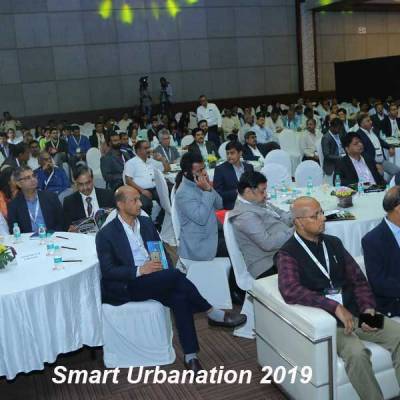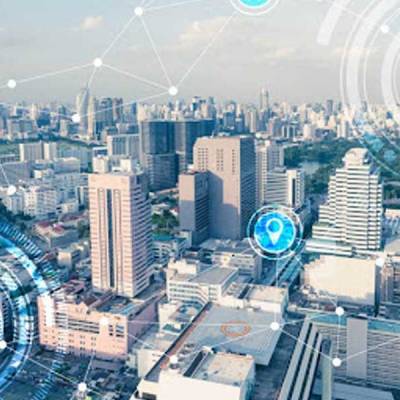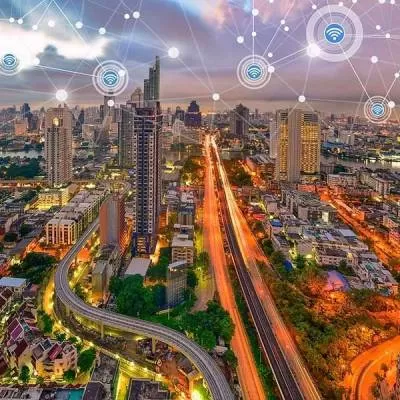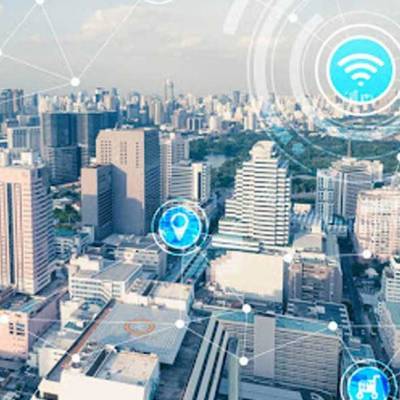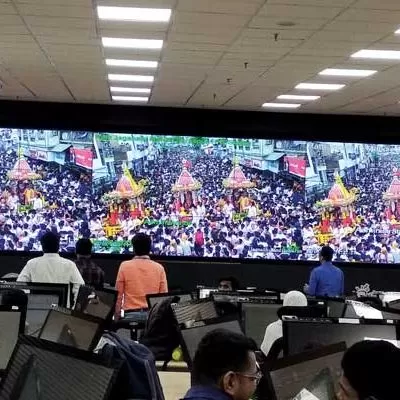- Home
- Infrastructure Urban
- SMART CITIES
- More to ´Society´ and less to ´Smart´

More to ´Society´ and less to ´Smart´
But this drive is most timely and essential. It comes when we have run out of options. Our cities have reached a point where a crumbling and ill-planned urban infrastructure will hinder growth, and therefore our engines of growth will start to sputter.
Deficiencies in the existing city services need to be hastily provided for. Benchmarks need to be set for fulfilment of basic needs and amenities. Resources will come from a sharp reduction in the wastage that emanates from an apathetical administration. Technology can enable the detection of this wastage and it can help identify the area and extent of reduction.
The unique component of the smart cities mission has been the mandated citizen participation which has been to the extent of 12 per cent of the population of the 97 cities. Citizens have voted, endorsed, commended, suggested, and shown their participation in the future of their cities. Further, the mandatory provision of involvement of citizen groups on the board of the special purpose vehicle, which will be established to undertake the approved city development plan, ensures a continued participatory process.
Technology has already pervaded our daily lives, with Uber and Ola changing the dynamics of car ownership, or e-governance facilitating issue of certificates by the government, or the reduction of crime by CCTV monitoring, or healthcare support by tele-medicine centres, or filing FIRs with the police at shopping malls. This is just the beginning and yet there are several areas of improvement that need no support from technology such as governance structure, easing of outdated conditions and laws, bringing accountability among government servants, enhancing public transport capacities and so on.
A smart society consists of smart people, and smart people cannot sit back while the cities get built, they need to participate! Smart Society will need to collaborate with a Smart Administration to build a Smart City.
For the first time since independence, urban planning has been given prime importance in a government´s prime mission. For the first time, a time bound plan has been laid out with a clear roadmap and milestones. For the first time, 97 cities have submitted their city development plans for acompetition to vie for financing city plans. But this drive is most timely and essential. It comes when we have run out of options. Our cities have reached a point where a crumbling and ill-planned urban infrastructure will hinder growth, and therefore our engines of growth will start to sputter. Deficiencies in the existing city services need to be hastily provided for. Benchmarks need to be set for fulfilment of basic needs and amenities. Resources will come from a sharp reduction in the wastage that emanates from an apathetical administration. Technology can enable the detection of this wastage and it can help identify the area and extent of reduction. The unique component of the smart cities mission has been the mandated citizen participation which has been to the extent of 12 per cent of the population of the 97 cities. Citizens have voted, endorsed, commended, suggested, and shown their participation in the future of their cities. Further, the mandatory provision of involvement of citizen groups on the board of the special purpose vehicle, which will be established to undertake the approved city development plan, ensures a continued participatory process. Technology has already pervaded our daily lives, with Uber and Ola changing the dynamics of car ownership, or e-governance facilitating issue of certificates by the government, or the reduction of crime by CCTV monitoring, or healthcare support by tele-medicine centres, or filing FIRs with the police at shopping malls. This is just the beginning and yet there are several areas of improvement that need no support from technology such as governance structure, easing of outdated conditions and laws, bringing accountability among government servants, enhancing public transport capacities and so on. A smart society consists of smart people, and smart people cannot sit back while the cities get built, they need to participate! Smart Society will need to collaborate with a Smart Administration to build a Smart City.


